The English language can be confusing, and you’ve probably had people use words around you the wrong way, sometimes without even noticing. We’re here to clarify 20 of these words that many people easily misuse.
Affect vs. Effect

They may sound alike and seem to fit perfectly when interchanged, but “affect” and “effect” don’t mean the same thing. “Affect” is a verb that means to influence, while “effect” is a noun that represents the result of something. Like Touro University shares, you can see it as “A” for action (affect) and “E” for end result (effect).
Lay vs. Lie

While “lay” needs to be followed up by a noun, “lie” is intransitive and doesn’t need this. For example, “I need to lie down” is correct because no object follows the verb. However, “I need to lay down” is incorrect without an object. The technically correct thing to say is, “I need to lay the book down.”
Historic vs. Historical

While “historic” refers to something significant in history, “historical” pertains to anything related to history. For example, “The signing of the Declaration of Independence was a historic event” means it was significant. “He loves historical novels” means someone loves novels related to history.
Who vs. Whom

Another set of words with a subtle twist to them are “who” and “whom.” Thankfully, the difference is quite easy to understand. “Who” is correct when used as the subject of a sentence, while “whom” fits perfectly as the object. Hence, despite how hard it is to believe, it’s more grammatically accurate to ask, “Whom should I give it to?”
Flammable vs. Inflammable
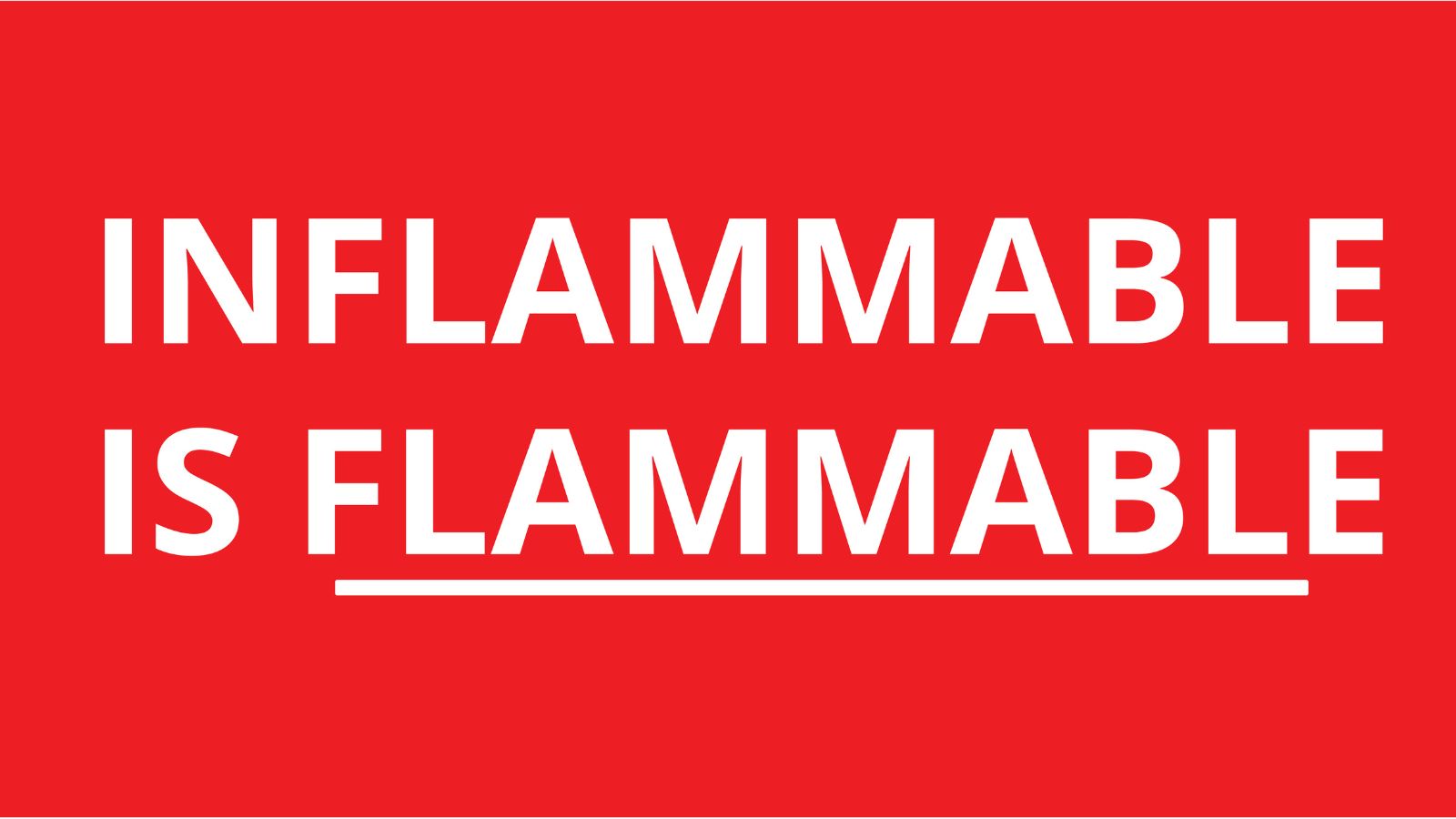
Both “flammable” and “inflammable” mean something easily sets on fire, but there’s a minor difference in how this happens. If something is “flammable,” it needs to be set on fire, such as a piece of wood. However, inflammable means that a substance is capable of bursting into flames without the need for any ignition, like unstable chemicals.
Farther vs. Further

“Farther” refers to physical distance, while “further” refers to figurative or metaphorical distance. For instance, “She can run farther than him” correctly uses “farther” to indicate a greater physical distance. On the other hand, “We need to discuss this “further” uses the word appropriately to suggest more discussion.
Ensure vs. Insure
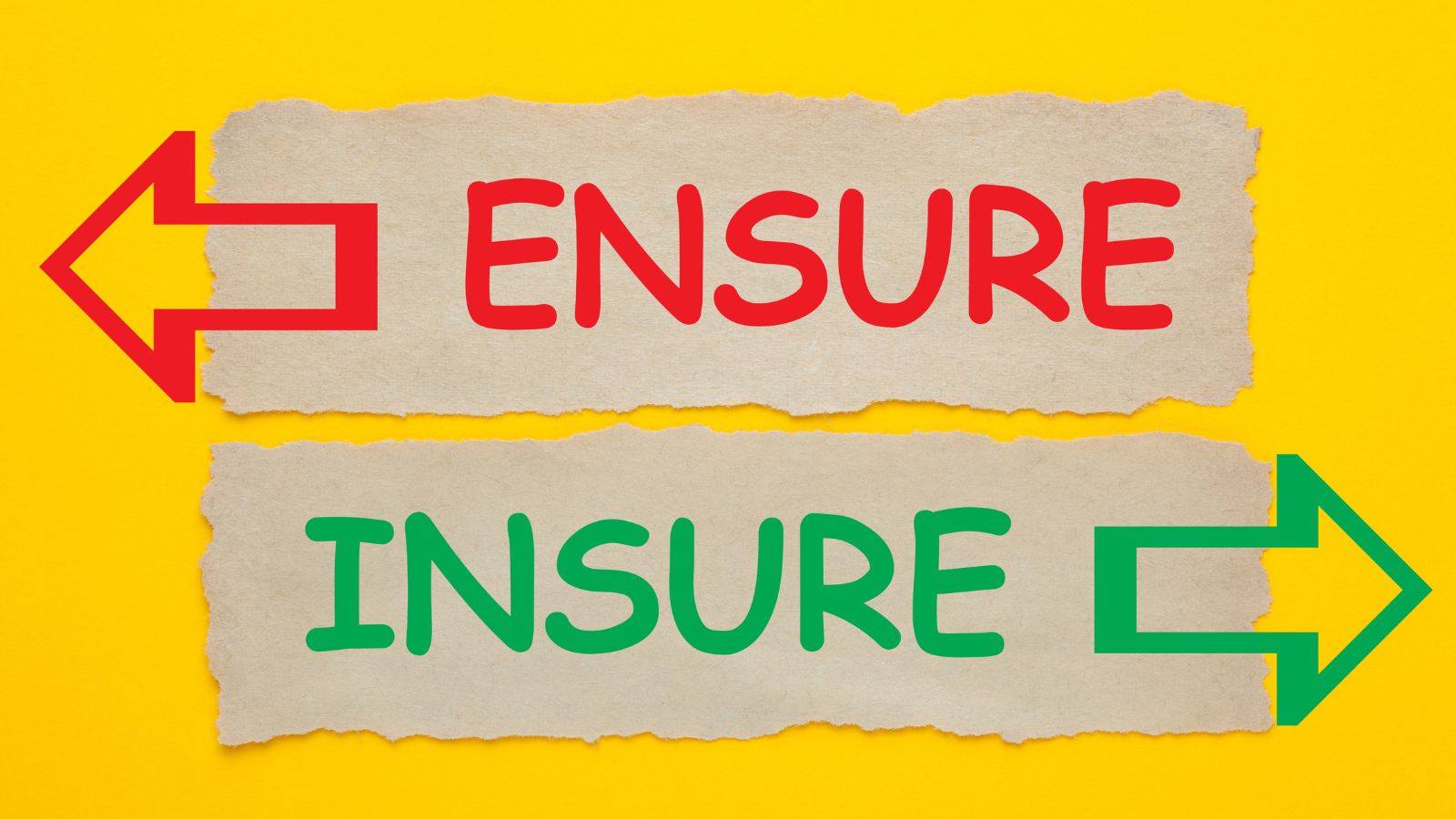
While “insure” refers to the act of purchasing insurance, “ensure” means to “make certain.” “We need to ensure the project is completed on time” means to make certain the project is finished. In contrast, “He needs to insure his car” means to buy insurance for the car. These distinctions are crucial in contexts like business and legal discussions, where precision is key.
Compliment vs. Complement

A “compliment” is a polite expression of praise, while a “complement” is something that completes or enhances. For example, “Your outfit receives many compliments” means people are praising the outfit. In contrast, “The wine complements the meal perfectly” means the wine enhances the meal. The accurate use of these terms is important in both casual conversation and more formal writing.
Principal vs. Principle
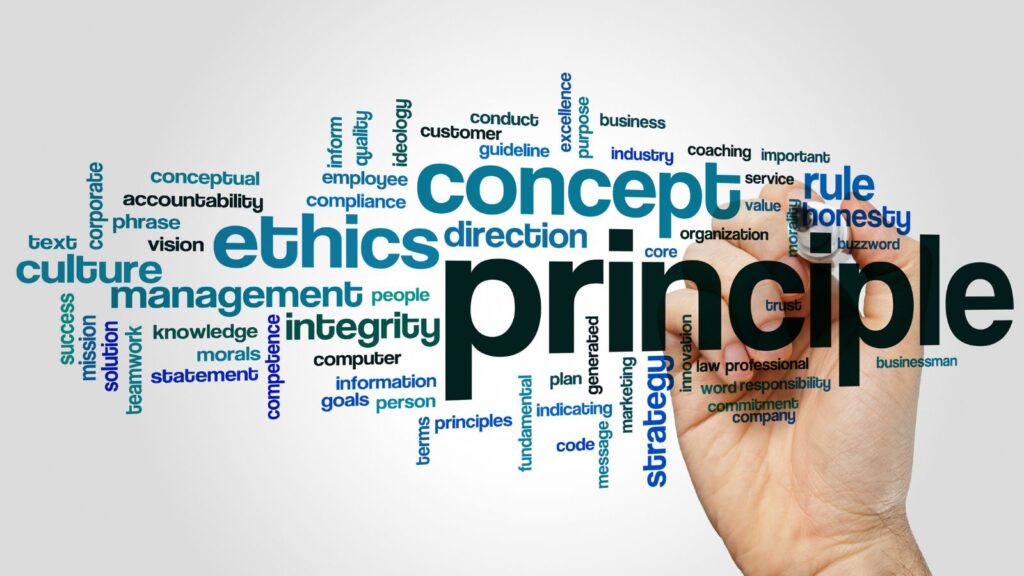
“Principal” refers to the head of a school or an amount of money, and “principle” refers to a fundamental truth or belief. Saying “the principal announced new principles for the school” correctly uses both terms, with “principal” meaning the head and “principles” meaning fundamental beliefs.
Bemused vs. Amused

While “amused” means entertained, “bemused” means confused. For example, “He looked bemused by the question” is correct, meaning he was confused. Saying, “He looked amused by the question,” would imply he found it entertaining. These distinctions matter as they reflect different emotional states, affecting how a message is received.
Elicit vs. Illicit

“Elicit” means to draw out or evoke, and “illicit” means illegal or forbidden. “The teacher’s question elicited no response” correctly uses “elicit” to mean draw out. “He was arrested for illicit activities” correctly uses “illicit” to mean someone was arrested for illegal activities. Precision in using these terms is particularly important in legal and academic settings.
Nauseous vs. Nauseated

Two words that are also quite easy to mix up are, “nauseous” meaning causing nausea, while “nauseated” means experiencing nausea. Saying “I feel nauseous” technically means “I make others feel sick,” but it is commonly used. The correct phrase would be “I feel nauseated.” “He felt nauseated after the ride” means he experienced nausea after the ride.
Disinterested vs. Uninterested
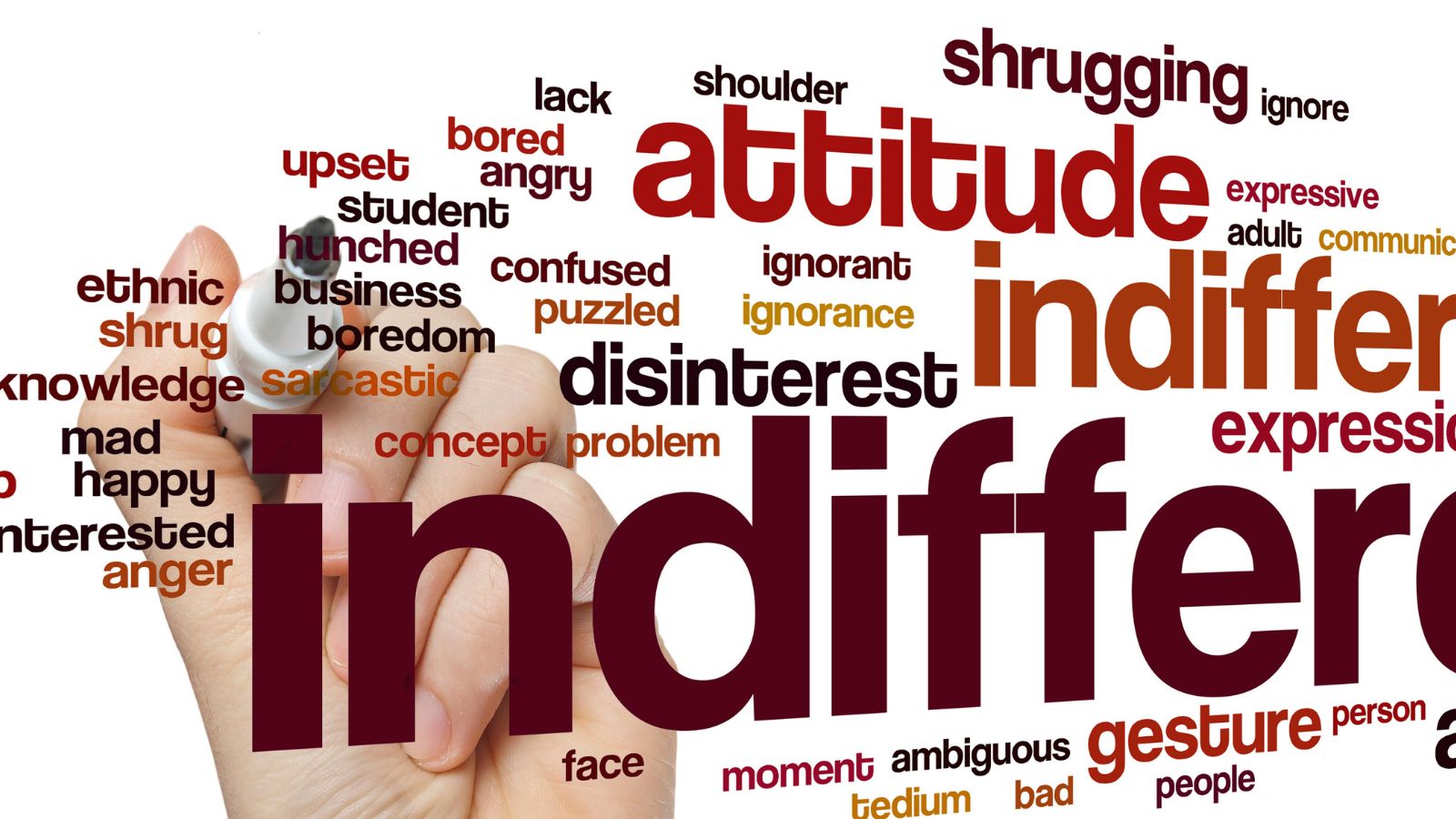
“Disinterested” means impartial or unbiased, while “uninterested” means not interested. For example, “A judge must be disinterested” means the judge must be impartial. On the other hand, “she was uninterested in the movie” means she found the movie boring. Using the correct term helps convey the intended meaning accurately, particularly in legal and evaluative contexts.
Continual vs. Continuous

Both “continual” and “continuous” talk about the nature of the frequency or duration. However, while “continual” means occurring frequently with some interruptions, “continuous” means without interruption. You can accurately say “the dog barked continually” to mean the barking happened repeatedly with pauses. In contrast, “the water flowed continuously” means the water flowed without stopping.
Stationary vs. Stationery

“Stationary” means not moving, while “stationery” refers to writing materials. You can say “the car remained stationary” which means the car did not move. On the other hand, “She bought new stationery for her office” refers to purchasing writing supplies. Being aware of these very subtle differences ensures the intended meaning is clear.
Desert vs. Dessert
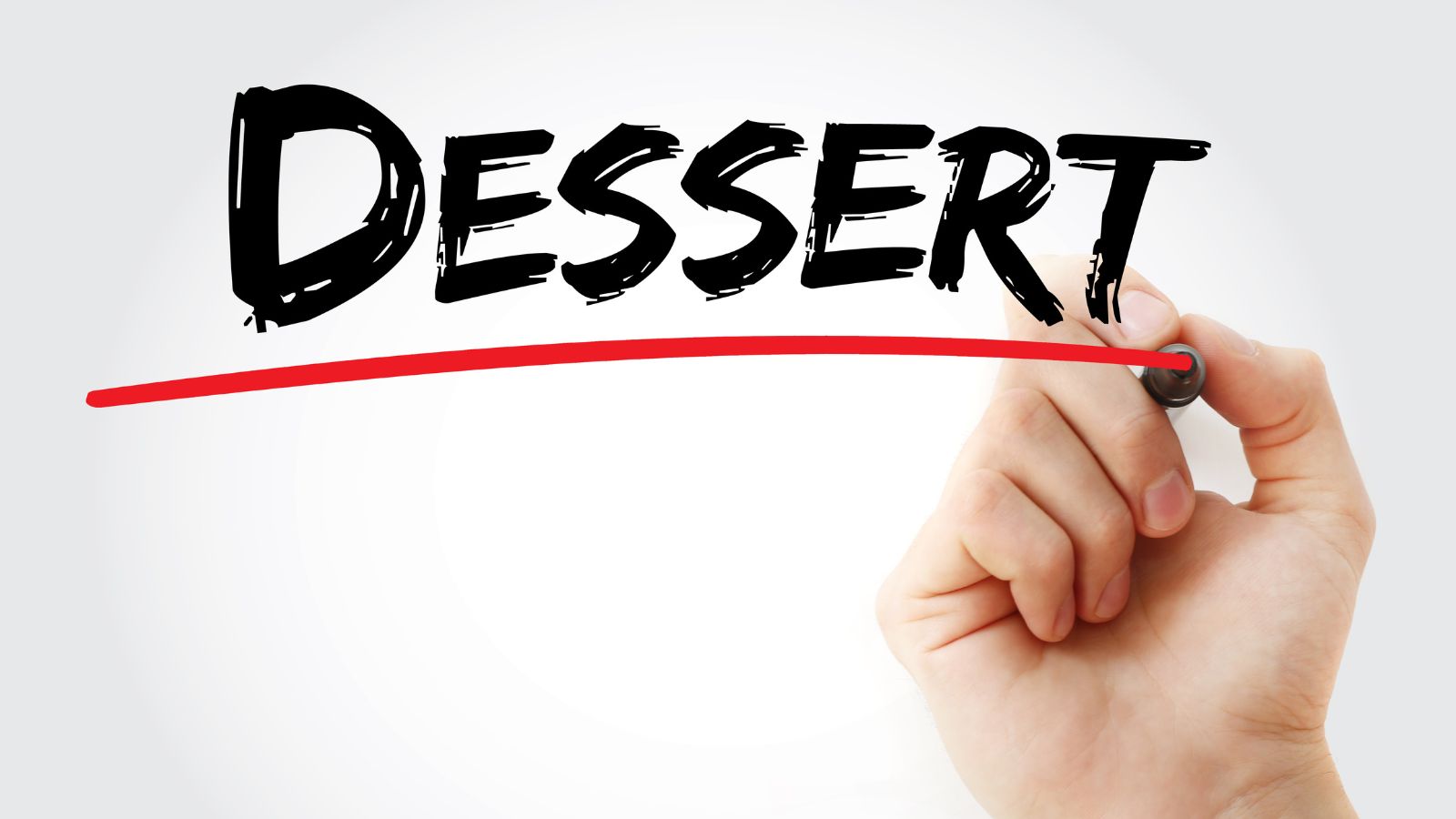
Another popular one is “dessert,” which is a sweet course eaten at the end of a meal, and “desert,” which is a dry, barren area. For example, “The Sahara is a desert” correctly refers to the dry area. In contrast, “She had ice cream for dessert” refers to the sweet course. Understanding the difference prevents awkward mistakes and ensures clarity in communication.
Emigrate vs. Immigrate

“Emigrate” means to leave one’s country to live in another, while “immigrate” means to move into a new country to live. You can say “they emigrated from Spain” when describing people who left Spain, and “they immigrated to Canada” for people who moved into Canada. Using the correct term clarifies the direction of movement, which is especially important in discussions about migration.
Capital vs. Capitol

“Capital” refers to a city that serves as a seat of government, while “capitol” is a building where legislative activities occur. Statements like “the capital of France is Paris” correctly refer to the city, and “the Capitol building in Washington, D.C.” correctly refers to the legislative building. This disctinction is essential in discussions about government and geography.
Alternate vs. Alternative

“Alternate” means every other or to take turns, while “alternative” means another option. For example, “We will meet on alternate Mondays” means meeting every other Monday, and “we need an alternative plan” means needing another option. Knowing the difference helps convey the intended schedule or choice accurately, which is important in planning and decision-making.
Prescribe vs. Proscribe

With just the exchange of a single word, “prescribe” means to recommend or authorize, while “proscribe” means to forbid. “The doctor will prescribe medication” means the doctor will recommend it, and we say “the law proscribes certain activities” to simply mean the law forbids them.
Up Next: 20 Personal Things You Should Never Share With Others

Building meaningful connections with others requires a certain level of transparency and trust, but that doesn’t mean you have to tell your friends and family members everything! Some aspects of our lives are too personal, incriminating, or risky to share. This article explores 20 aspects of your personal life that you should always keep confidential.
20 Personal Things You Should Never Share With Others
18 Things Everyone Forgets to Include in Their Will—But Shouldn’t

Wills and estate plans are essential ways to ensure what will happen to your belongings and property when you die or are incapacitated. However, people often forget to include important information in their wills before it’s too late, complicating matters for their descendants. Here are the 18 common things people forget to include in their will.
18 Things Everyone Forgets to Include in Their Will—But Shouldn’t
18 Items at Walmart that Aren’t Worth Your Hard-Earned Money

For many of us, Walmart is the go-to superstore. Whether we need groceries, clothing, or technology, Walmart is a one-stop shop for everything you would need. However, there are some Walmart products you should avoid at all costs, such as the following 18 examples.
18 ITEMS AT WALMART THAT AREN’T WORTH YOUR HARD-EARNED MONEY

